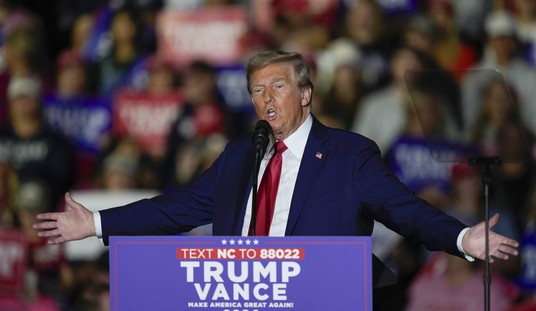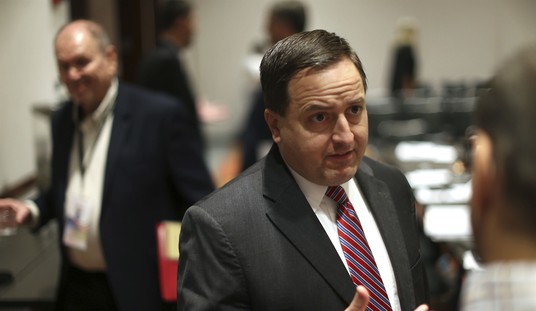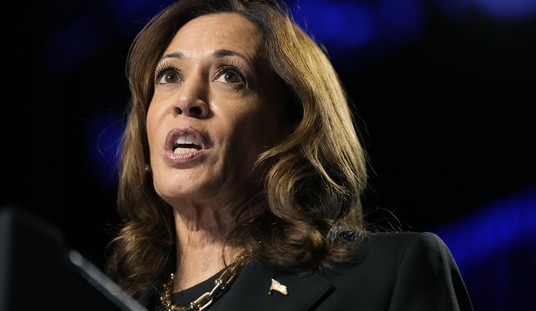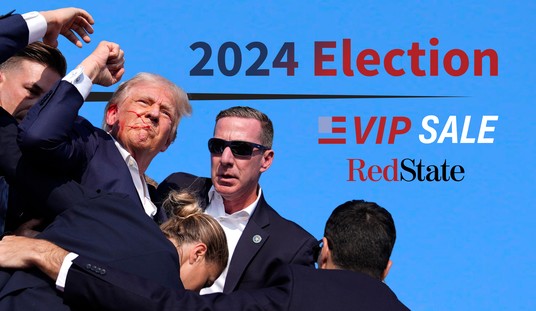Walt Minnick (D-ID) voted against Obamacare, but he doesn’t want to repeal it.
In a general form letter to his constituents asking him to support repeal, Minnick writes:
I understand that you support repealing the bill in its entirety. I do not believe that it will be possible to fully repeal the bill. Even if a bill to repeal the law were able to pass Congress, the President would still have the authority to veto the legislation.
Ah, the “it’s impossible” argument. Democrats who voted against Obamacare, who are nervous about going against Nancy Pelosi, are employing this line to explain their refusal to sign Rep. Steve King’s Discharge Petition #11 to force a full repeal vote.
And that’s all it is—a line.
Members of Congress sign on to legislation all the time where there is substantial legislation uncertainty. In the 111th Congress, Walt Minnick has now sponsored 27 pieces of legislation by himself and co-sponsored 289 other bills with other members of Congress. A good number of them have absolutely no chance of passing with the current political makeup of Congress. Most strikingly, Walt signed onto four different Constitutional amendments ranging from desecrating the flag to calling for constitutional conventions for limited objectives. Now he must support these amendments, but they’re not exactly going anywhere this year. Right or wrong, a critic of these amendments could easily argue that “it’s impossible” to enact all of these amendments in the near future. But that didn’t stop Walt from joining their cause. Why?
Walt wanted to sign those amendments, and he just doesn’t really want to sign on to repealing Obamacare. It’s that simple.
While we’re on the subject, repealing Obamacare is not impossible. It can happen, and it starts with accepting it as a possibility. It certainly requires more Republicans or Democrats willing to join with the repeal effort (none currently have). This election cycle is likely to see that prerequisite accomplished. The public needs to continue to be engaged all over the country, and if one considers the bipartisan supermajority that voted for Proposition C in Missouri last week, it is. There probably needs to be a new president, but forcing a veto fight in the meantime will help build the coalition and the momentum for repeal, while continuing to ensure the president stays on the defensive, explaining a fundamentally flawed and intolerable law. Many of these arguments are fleshed out more fully in Ramesh Ponnuru’s outstanding article on whether Obamacare could and should be repealed—it’s worth a read.
Finally, the fate of another health care law is informative on this subject. In 1988, Congress overwhelmingly passed the Medicare Catastrophic Coverage Act by margins of 328-72 in the House and 86-11 in the Senate. The legislation both increased Medicare benefits and increased taxes to pay for the benefits (sound familiar?). Seniors revolted, many of whom had similar benefits from their old employers (sound familiar?). Then-Ways and Means Chairman, Dan Rostenkowski, was famously chased out of a meeting and swarmed by some of these seniors in his car (sound familiar?). The deeply unpopular legislation was repealed the next year. Repeal was possible then, and it’s possible now.
Walt Minnick knows it’s possible. He just doesn’t want to admit it, because it means he’ll get called down to Nancy Pelosi’s office. And as uncomfortable as the prospect of that visit might be, it’s the most telling sign of whether Walt intends to stand on principle over party.














Join the conversation as a VIP Member